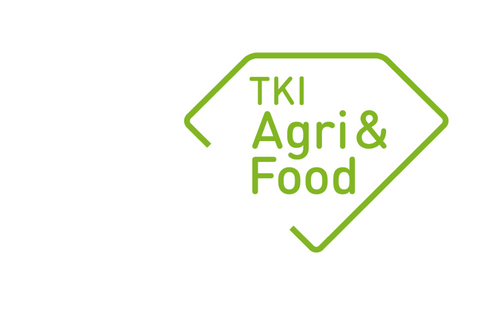Projecttitel: Combining deep sequencing omics approaches to translate an altered microbial composition towards health benefits
Projectnummer: AF-18142
Missie: Gewaardeerd, gezond en veilig voedsel
MMIP: Gezonde voeding, een makkelijke keuze (D2)
Looptijd: 2019 – 2022
Projectleider: Wilfred van Eijcken
In this project, we aim to move fecal sample analysis from assessing specific bacteria within a microbial composition towards the functionality of the microblota as a whole by optimizing the resolution as well as pattern recognition capacity of deep sequencing pipelines. The approach in this project aims to elucidate the role that the microbiota plays in establishing certain health benefits and how this relationship can be influenced by nutritional interventions.
There has been a strong focus in the field of riutrition and health about the role of gut microbiota in (infant) physiology. However, till now, there are mostly descriptive efforts of what kind of microbiota compositions are associated with certain health outcomes, while the mechanisms by which these microbiota contribute to the well-being of the host are still largely unknown. It is recognized that intestinal bacteria, through fermentation of nutritional components, produce metabolites that can impact host physiology in multiple ways and by that are responsible for potential beneficial health effects. Besides the main metabolites of bacterial carbohydrate fermentation, short chain fatty acids (SCFA), with a record of numerous signaling and nutritious functions, other metabolites derived from bacterial production or conversion, such as other fatty acids, phenolic compounds or neuroactive molecules (eg. GABA, melatonin) can play a role too. However, there is scarce evidence for what metabolites – and under which conditions – are produced or modulated by intestinal bacteria and the consecutive effect of the bacterial metabolism on the host. In this project, we will address this question by combining sophisticated analysis of human fecal samples from different clinical settings and accompanying in vitro fermentations by an advanced deep sequencing technology with Deep Multivariate Omics models and Multivariate Machine Learning Analysis. This approach will eventually enable us to identify altered metabolic pathways in the gut microbiome in response to the nutritional intervention (indicating selective power), which are involved in the establishment of the assessed infant’s health outcomes
The project is of crucial importance to the proposers because it will:
- further innovate the Deep Sequencing pipelines to allow both an assembly as well as a profiling approach on the same raw data-set;
- use the assembly approach to identify novel bacterial species and bacterial pathways that are influenced by a
nutritional intervention; - use the profiling approach to reveal biomarkers that are indicative for the assessed health outcomes after a nutritional intervention;
- reveal discriminating differences between the reference and intervention-related health outcomes by shifting microbial insights from ‘who is there’ to ‘what is their genetic potential’ (iridicating their metabolic potential) and how these two factors are related to the assessed health outcomes.
Deel dit bericht

